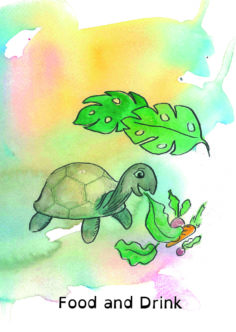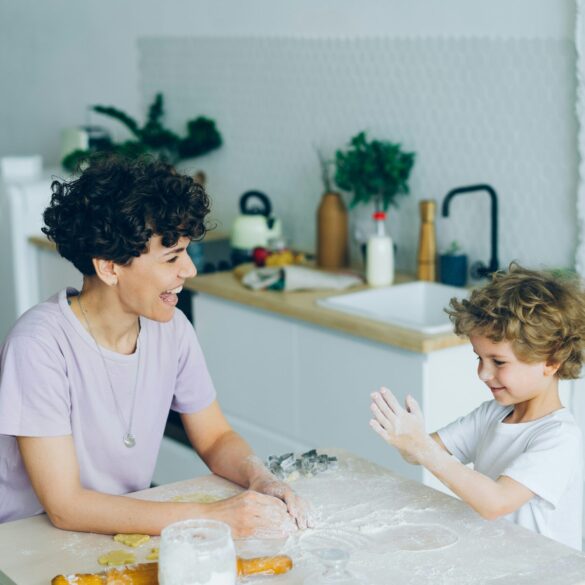Feeling content – meeting your physical needs
If you or your young people are having mood swings, feeling irritable, cross and impatient or having low moods, why don’t you try meeting your physical needs to improve wellbeing?
Food and Drink
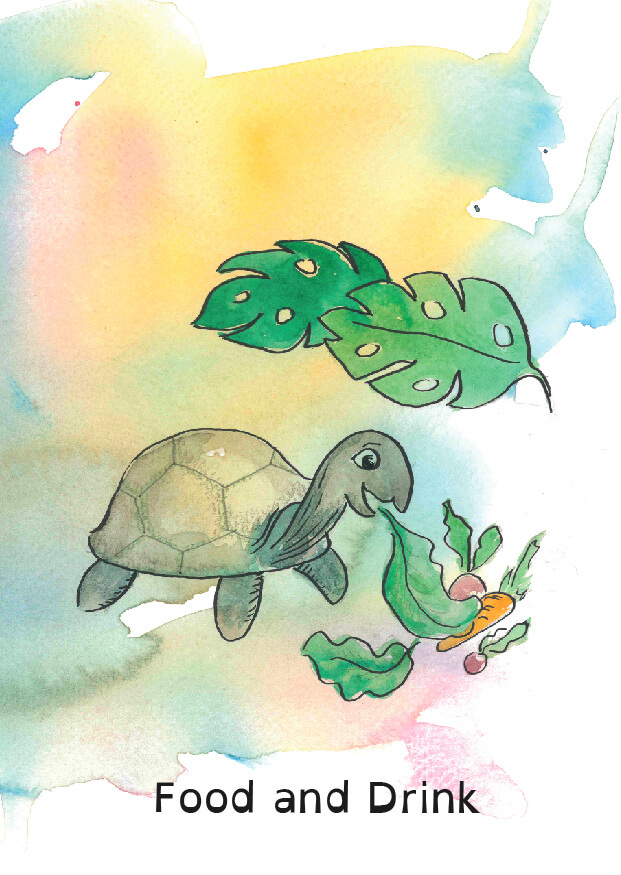
Do I need some Food and Drink that is good for my mind and body?
What kinds of Food and Drink should I choose to help me to stay well?
Regular, balanced meals and snacks as well as enough water to make our pee a pale yellow can help to regulate our moods. When we have large amounts of sugary foods or drinks, it can make us feel a rush of energy at the time, but later it leads to a crash. This makes us reach for more sugar, creating a cycle of highs and lows that can be hard to manage. Making and sharing food that nourishes our bodies can be a good way to meet lots of emotional needs at the same time. Be aware of reaching for treat foods when your mood is low- try and find another way to meet your needs and improve your mood.
Three things to do now to help bring you back to wellbeing:
- Drink water
- Eat a balanced meal or snack
- Prepare some food together to share
Sleep
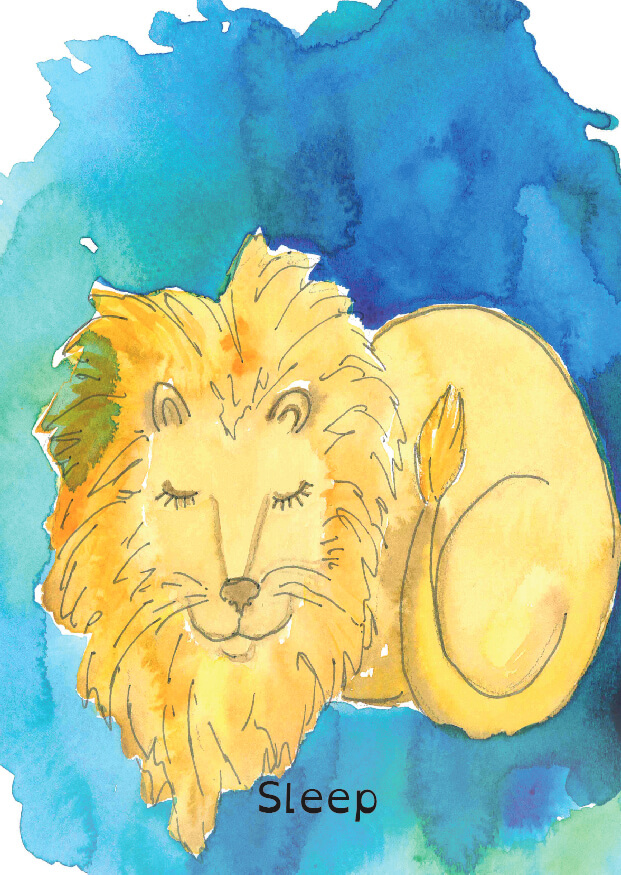
Sometimes, even when we think we are getting enough sleep, we are not getting the right kind of sleep. Make sure you are ready for sleep by having a bedtime routine, no matter how old you are!
The two kinds of sleep we need to make sure we have had the right amounts of are deep sleep and REM or dreaming sleep. Deep sleep repairs our minds and bodies, and REM sleep helps us to switch off emotions from the day before.
To get the right kinds of sleep, make sure you have a good bedtime environment, a relaxing routine before bed, and have had time during the day to process any thoughts or talk about them so that you don’t take them to bed with you! A really good way to do this is to do something quiet and away from screens before getting ready for your bedtime routine, like drawing or playing with toys.
Three things to do now to help bring you back to wellbeing:
- Make sure your bedroom is ready for bedtime
- Switch off screens a while before bed
- Make a routine that makes you feel ready for sleep.
Movement
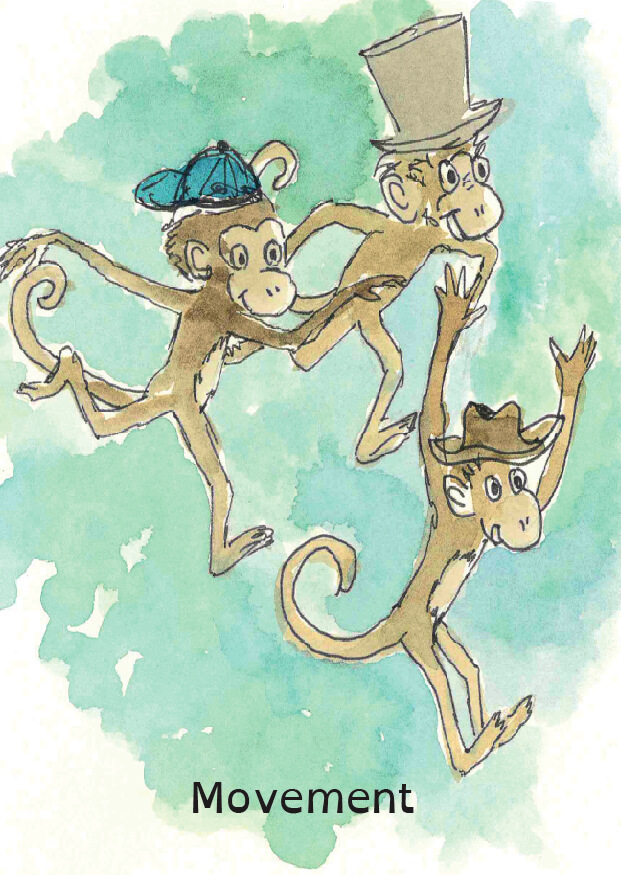
Moving our bodies helps us to release chemicals called endorphins, which come with feeling good, and burn off unhealthy amounts of stress hormones called cortisol which can make us feel tense. Moving our bodies in a way that feels good to us and we enjoy helps us to protect our brains. If we have a low mood, the first we can do is to move. We need to raise our heart and lung rate to help protect our brain and bring us back into wellbeing. Moving can be chasing each other round the park, inventing a dance routine at home or playing a game with a ball!
Three things to do now to help bring you back into wellbeing:
- Find new ways to move around outside with a ball, on your way to school or at home to music!
- If you feel you have been in one place for a long time, find ways to move to get the energy flowing around your body, your heart rate up and your lungs to work a bit harder for a few minutes!
- Make sure you enjoy moving- so do something FUN! Finding someone or a group to move with can be motivating and make it more fun, as well as meeting your needs for connection or community!
To find out more about how Suffolk Mind can help you and your young person, visit our EARLY Minds page.
